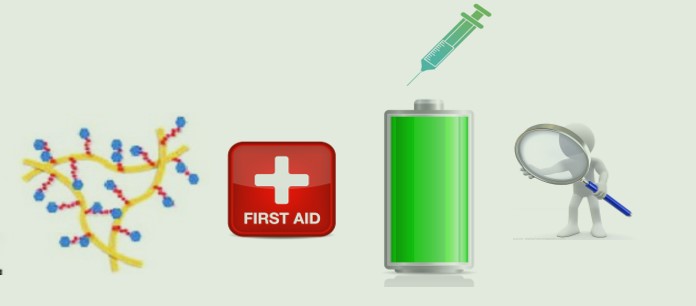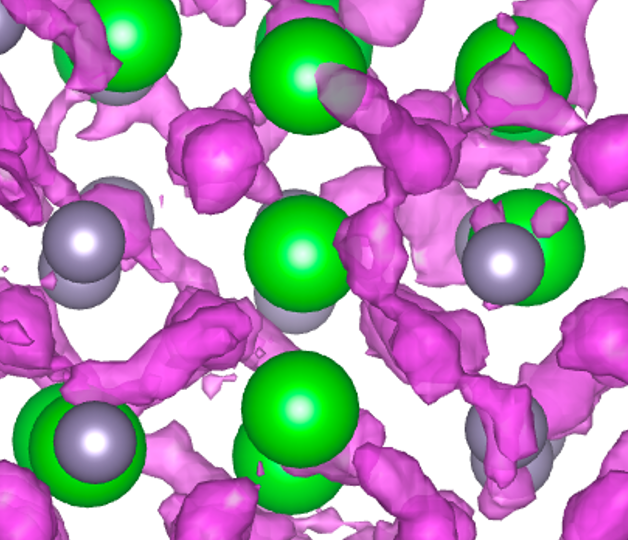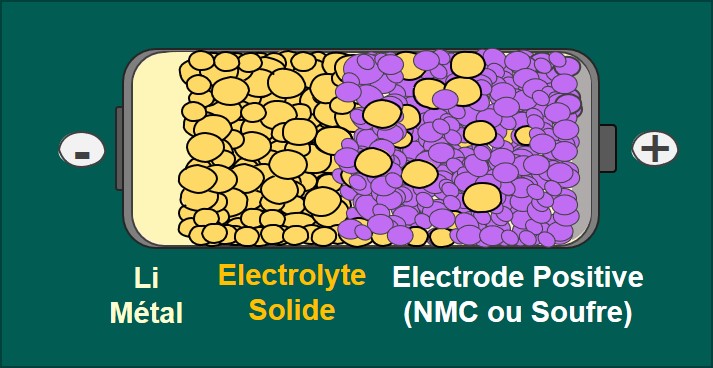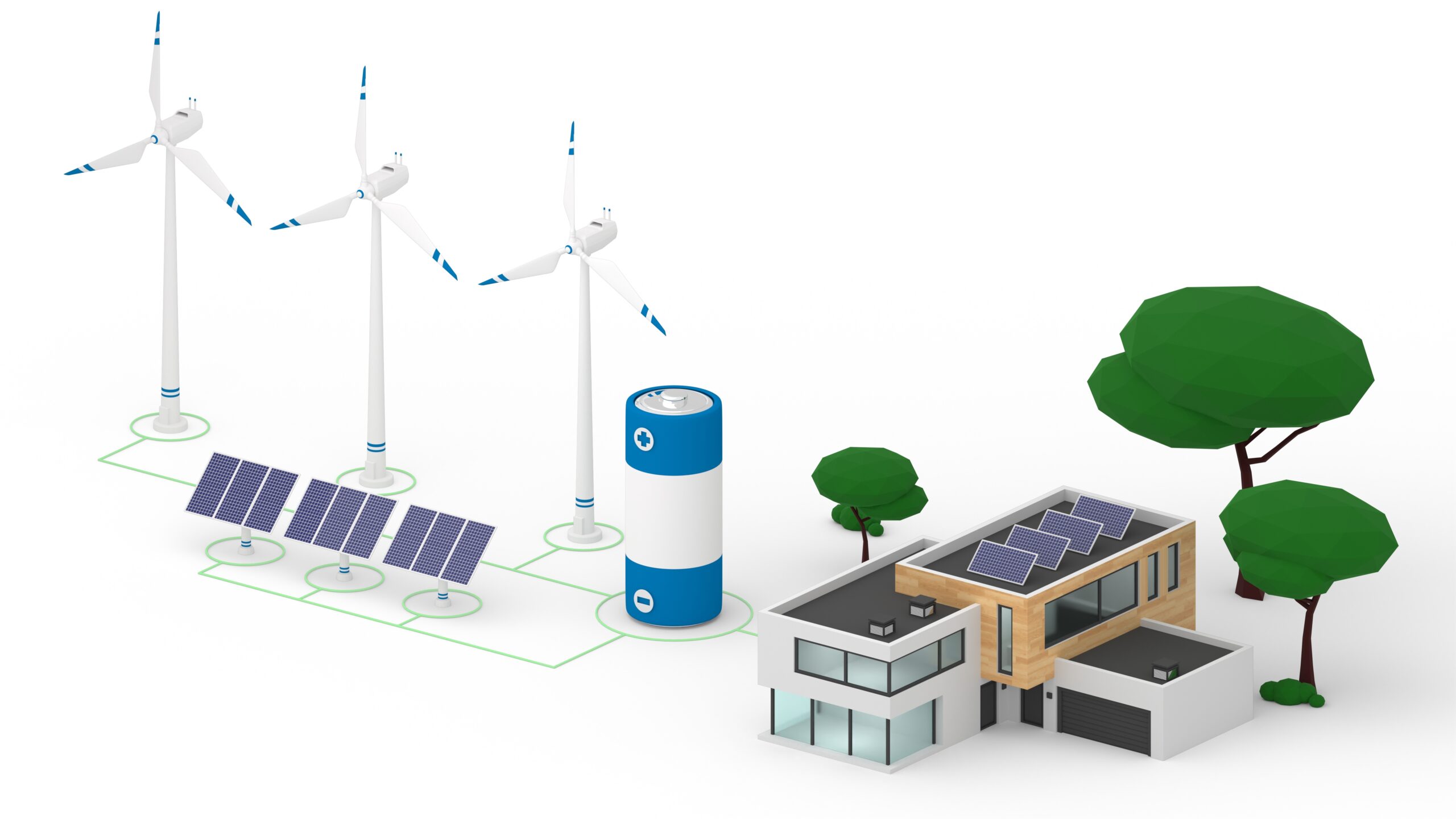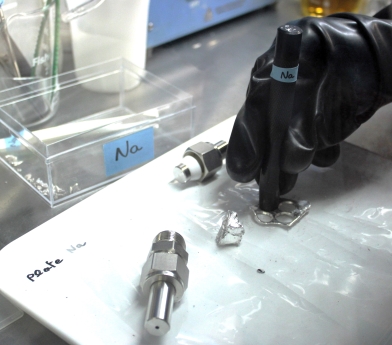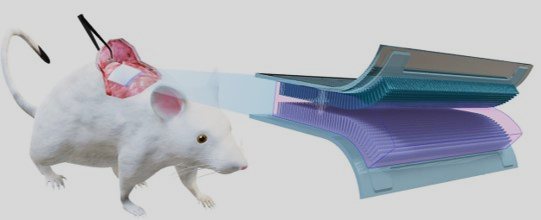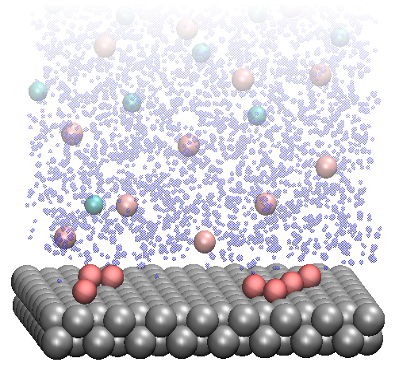
LEGEND
Library of Electrolytes for new divalent ion batteries
Overview
Development of a library of new divalent ion electrolytes through a machine learning approach combined with classical and quantum molecular dynamics simulations.
Prof. Agilio Padua (Laboratory of Chemistry, ENS de Lyon and CNRS)
The LEGEND project focuses on electrolytes for divalent ion batteries and their interfaces with the metal anode. Electrolytes are at the heart of the major challenges remaining for the feasibility of divalent ion batteries, as they control solvation and ionic transport, interfacial processes (including cation reactivity and nucleation and growth mechanisms), as well as secondary reactions. LEGEND will develop and use advanced atomic-scale simulation methods to characterize a wide range of electrolytes, both in liquid phase and at electrochemical interfaces, to fill knowledge gaps by constructing a properties-performance mapping for a set of potential electrolytes.
Keywords
Solvation, charged interfaces, molecular dynamics, theoretical chemistry
Tasks
Our research
In-depth bibliographic analysis
Task 1 involves text mining of the scientific literature to build an electrolyte library. This will provide insights into the chemical structures, compositions, and performance of electrolytes, from which target systems will be selected for detailed computational study.
Electrolytes and divalent cations
Task 2 focuses on the electrolyte as a liquid phase, studying the solvation phenomena and transport of divalent metal cations in various classes of electrolytes (water-in-salt, DES, including complexing or hydrophobic additives).
Electrolyte/electrode interface
Task 3 is dedicated to the structure, dynamics, and reactivity at the electrolyte/electrode interfaces. It involves realistically modeling charged metallic surfaces and their interactions with solvated metal cations, as well as the processes of plating and stripping at the anode surface.
Design and testing of electrolytes
Task 4 involves establishing selection criteria and design guidelines based on descriptors, and proposing new electrolytes using a machine learning model. The performance of these proposed electrolytes will be validated experimentally in laboratory-scale batteries.
The consortium
3 academic laboratories
The expected outcomes are a thorough understanding of the solvation and transport phenomena of divalent ions (Ca²⁺, Mg²⁺, Zn²⁺) in molecular or ionic electrolytes, and their behavior at metallic interfaces. A set of descriptors obtained through advanced molecular modeling techniques will enable a rational selection of electrolyte compositions, determined using digital learning techniques and validated experimentally.
LEGEND focuses on electrolytes using abundant and low-cost metals, aiming for high energy density due to the divalent nature of the formed cations.
Training of 3 PhD students and 5 postdoctoral researchers.
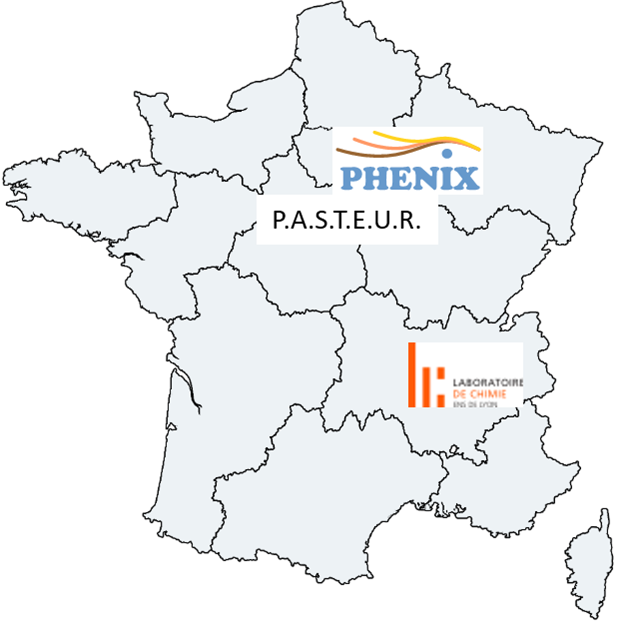
Les autres projets PEPR
